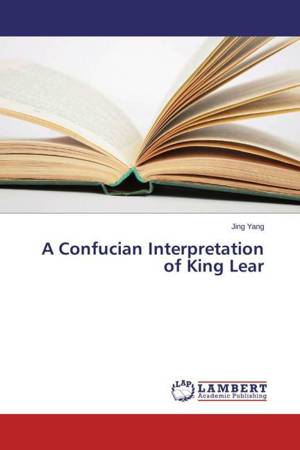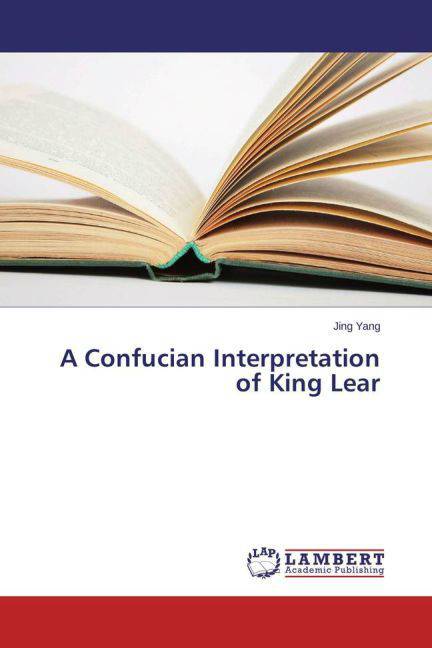
Bedankt voor het vertrouwen het afgelopen jaar! Om jou te bedanken bieden we GRATIS verzending (in België) aan op alles gedurende de hele maand januari.
- Afhalen na 1 uur in een winkel met voorraad
- In januari gratis thuislevering in België
- Ruim aanbod met 7 miljoen producten
Bedankt voor het vertrouwen het afgelopen jaar! Om jou te bedanken bieden we GRATIS verzending (in België) aan op alles gedurende de hele maand januari.
- Afhalen na 1 uur in een winkel met voorraad
- In januari gratis thuislevering in België
- Ruim aanbod met 7 miljoen producten
Zoeken
Omschrijving
Through a comparison between Shakespeare's play and Li Yu's story, the author examines the striking historical, cultural and social background similarities the two literary works shared and then refers to the traditional Chinese Confucian ethics and classics, which convincingly reaveal that the 17th century English monarch almost shares the same moral standard with China in the Qing Dynasty (1636-1911). Actually, Shakespeare himself was an old-fashioned literary man who stuck to the traditional values and morals inherited from the Middle Ages; what Shakespeare praised and exhorted was just similar to what Confucius himself preached. People from east or west most often tend to share the mind alike. From the perspective of comparative culture study, the author also finds the closeness and similarity between Confucianism and the ancient Greek ethics. Based on these comparisons, the author ambitiously endeavors to validate the "affinity" of these two different cultures, in the hope of establishing a universally common culture that would benefit the whole world.
Specificaties
Betrokkenen
- Auteur(s):
- Uitgeverij:
Inhoud
- Aantal bladzijden:
- 120
- Taal:
- Engels
Eigenschappen
- Productcode (EAN):
- 9783659771293
- Verschijningsdatum:
- 17/08/2015
- Uitvoering:
- Paperback
- Afmetingen:
- 150 mm x 220 mm
- Gewicht:
- 186 g

Alleen bij Standaard Boekhandel
+ 45 punten op je klantenkaart van Standaard Boekhandel
Beoordelingen
We publiceren alleen reviews die voldoen aan de voorwaarden voor reviews. Bekijk onze voorwaarden voor reviews.









